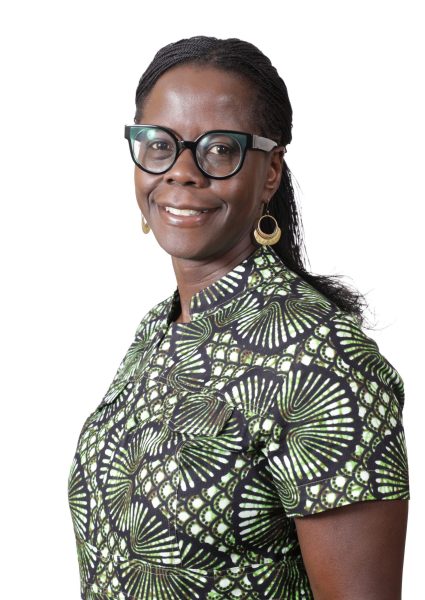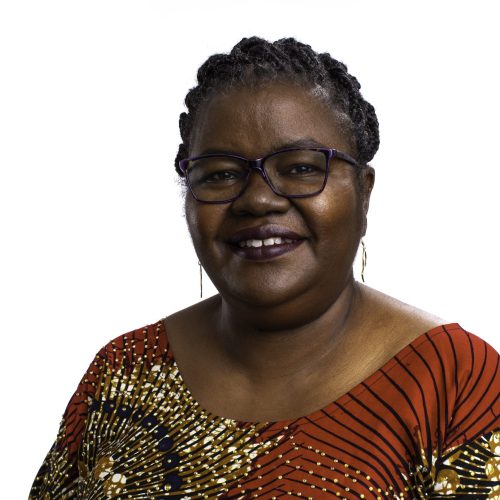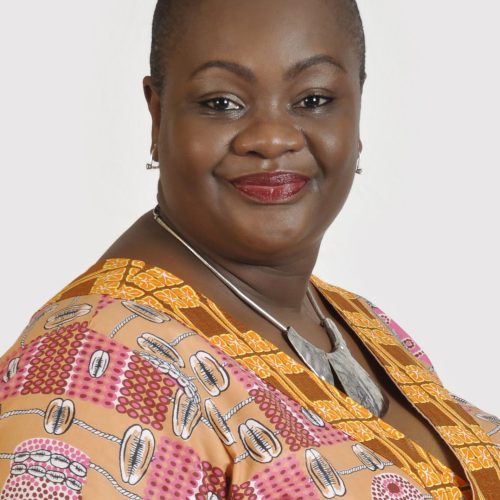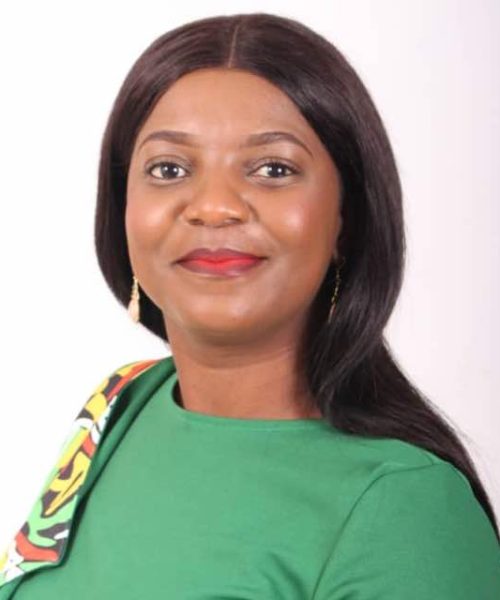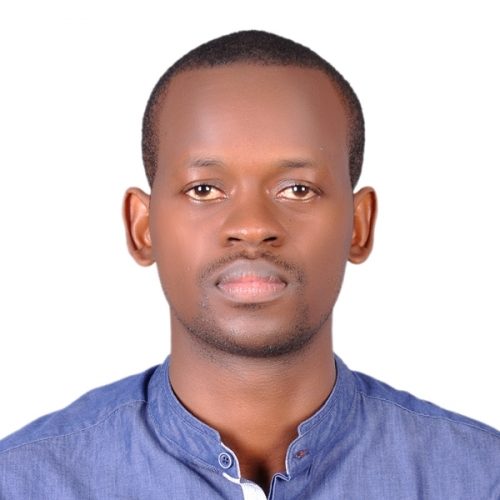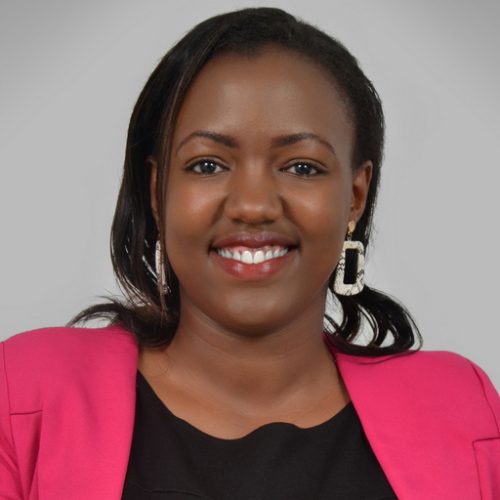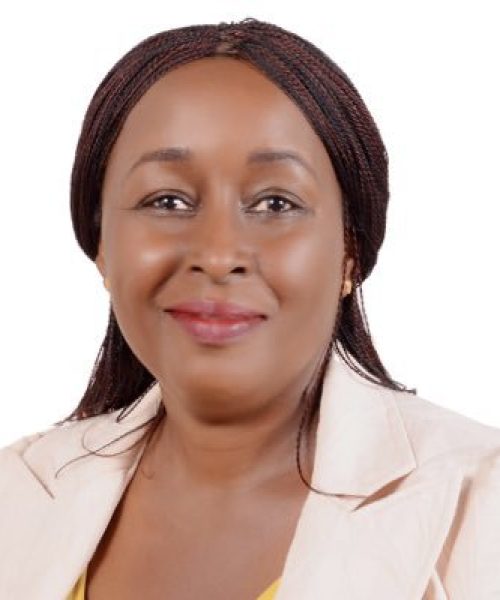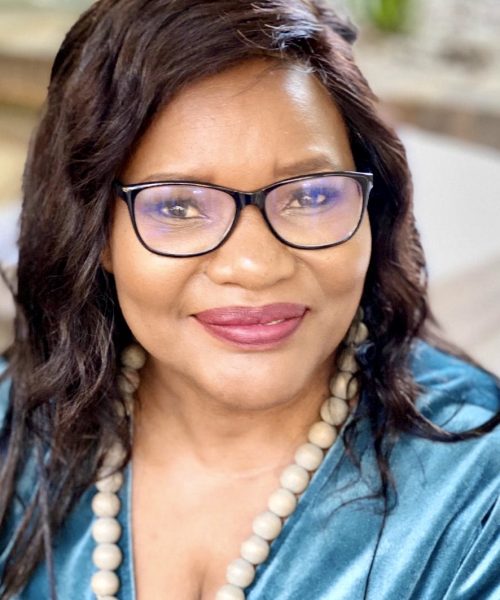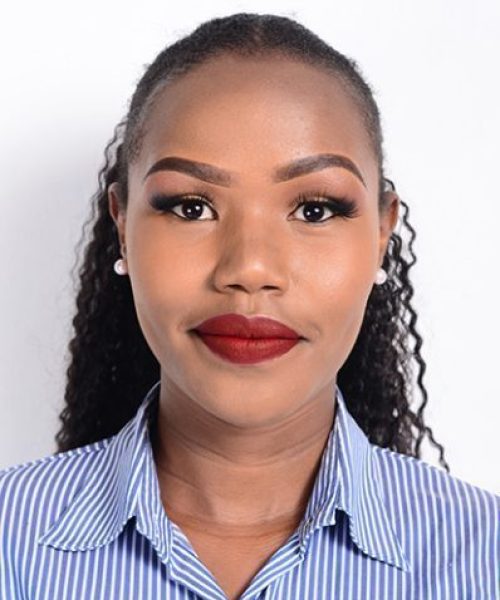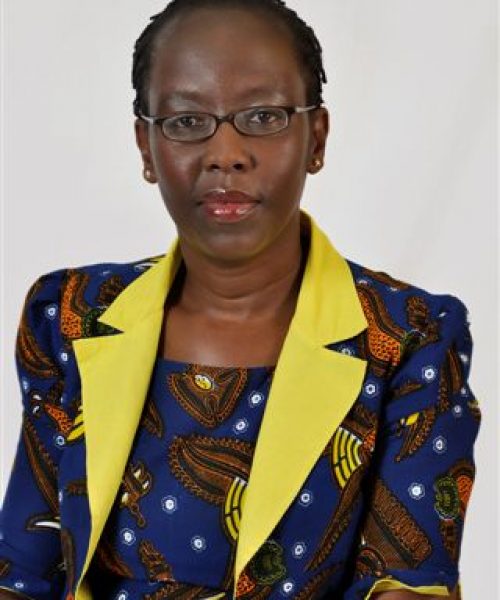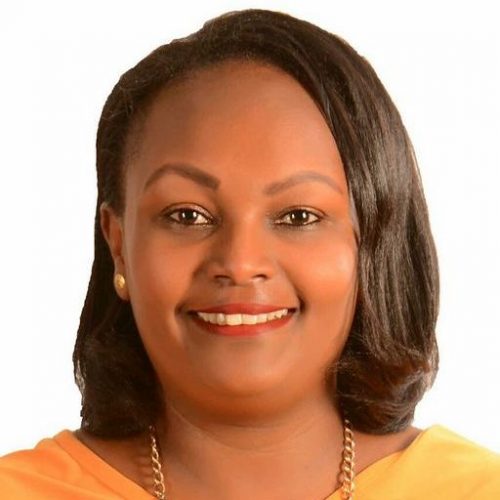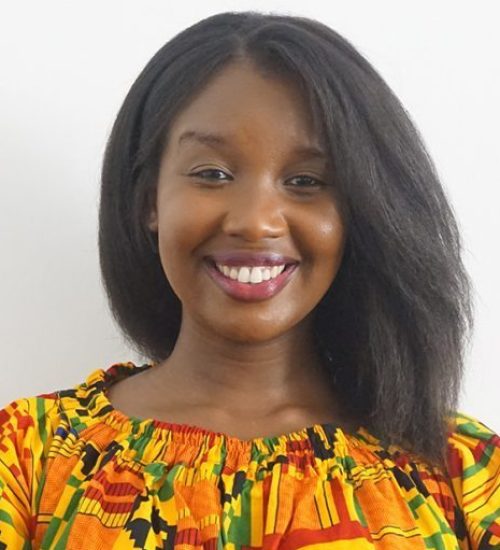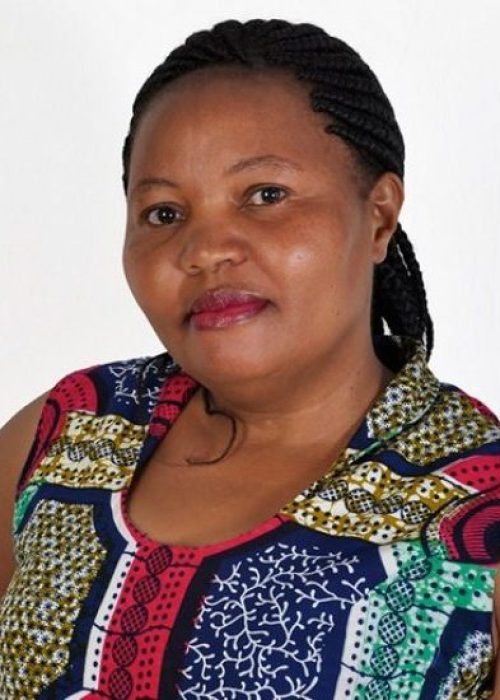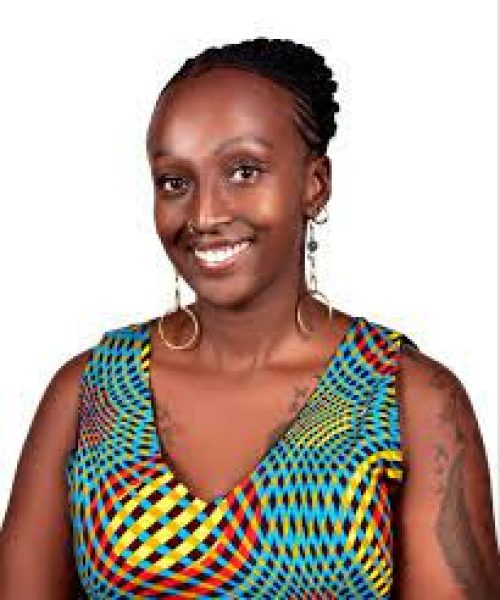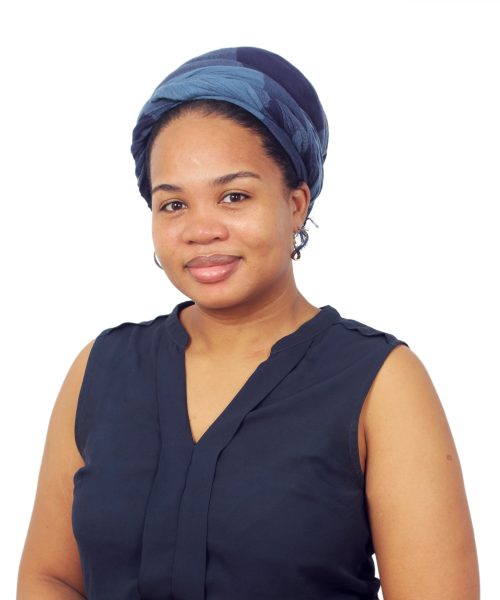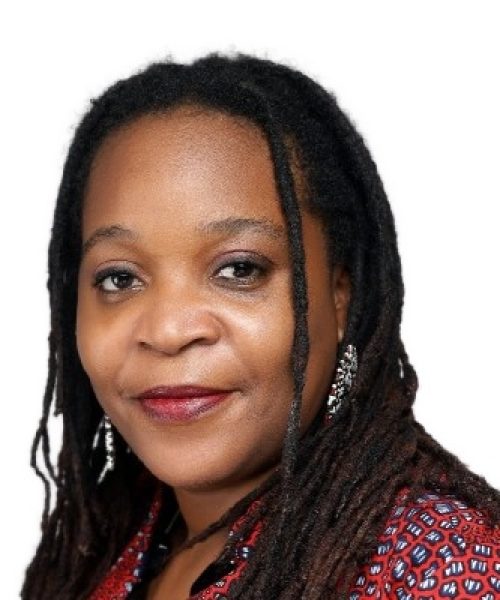Analyse de UAF-Africa : La crise au Burundi
« NON » AU TROISIÈME MANDAT ! LA CRISE AU BURUNDI

(Version PDF)
INTRODUCTION
La crise en cours au Burundi surgit du processus d’édification de l’État qui fut déclenché pendant la période coloniale et postcoloniale. Ce processus a été négocié politiquement en août 28, 2000, par le processus nommé les Accords d’Arusha.
Les femmes burundaises ont participé au processus de paix d’Arusha, qui a été facilité par le Fonds de développement des Nations Unies pour la femme (UNIFEM) et la Fondation Mwalimu Nyerere. Ce dernier a soutenu une conférence de paix multipartite des femmes du Burundi entre le 17 et 20 juillet 2000 à Arusha, Tanzanie, en présence de plus de 50 femmes burundaises représentantes de 19 organisations. Elles ont développé un ensemble de demandes, telles que l’inclusion d’une charte des femmes dans la constitution, des mesures visant à assurer la sécurité des femmes, le droit des femmes à la terre, à l’héritage, et à l’éducation, ainsi que la fin de l’impunité pour les crimes de guerre basés sur le sexe et la violence domestique. Toutes les recommandations, à l’exception du quota de 30% de femmes aux niveaux de décision politique, ont été incluses dans la version finale de l’accord de paix.
C’est dans le contexte de l’Accord d’Arusha que l’actuel président, Pierre Nkurunziza, a débuté son premier mandat par un vote parlementaire, constitué au collège électoral le 19 Août 2005.
Toutefois, les accords de paix d’Arusha de 2000 n’ont pas mis fin au processus difficile de construction de la nation. Il fut exacerbé par l’impact du conflit prolongé, le processus fragile de redistribution des terres fragiles, le sous-développement des systèmes économiques, et un régime autocratique qui s’est solidifié au fil des ans. La décision de Pierre Nkurunziza de poursuivre un troisième mandat présidentiel, plutôt que d’adhérer à la limite constitutionnelle de deux ans, a déclenché des violences qui ont duré plus de six mois. La réponse, de plus en plus violente, des services de sécurité de l’État fait concurrence aux rapports inquiétants de résistance armée. Cette violence inclus des assassinats, des exécutions extra-judiciaires, et des disparitions, dont beaucoup ciblent l’opposition politique et les défenseurs des droits de l’homme, ainsi que des mouvements de population vers les pays voisins et ailleurs. Les femmes défenseurs des droits humains (FDDH), et les femmes en général ont été impliquées dans des manifestations contre le troisième mandat de Nkurunziza. En conséquence, certaines FDDH ont dût fuir leur pays.
Par la présente, Urgent Action Fund-Afrique (UAF-Africa) affirme son soutien pour les FDDH du Burundi. La marche de protestation des femmes qui a eu lieu à Bujumbura le 10 mai contre l’interdiction des manifestations du régime de Nkurunziza a non seulement révélé la puissance de la mobilisation des FDDH autour d’une poussée collective pour la paix et de la démocratie, mais aussi la réticence de l’État à déployer visiblement des techniques répressives et violentes contre les femmes[1].
Bien que les féministes mettent en garde contre l’hypothèse du régime que les femmes sont uniquement des donneuses de vie et politiquement neutres[2], il est possible de l’employer de façon stratégique, et faire en sorte que ces espaces politiques soient utilisés pour faire reconnaître des femmes diverses.
En tant que subventionnaire d’intervention d’urgence, UAF-Africa ancre son soutien dans les dynamiques locales. Le Fonds encourage les mouvements régionaux des femmes à exercer une pression collective pour désamorcer la crise, et initier des dialogues politiques qui incluraient les FDDH. Celle-ci répondrait aux besoins liés au sexe, aux droits humains des femmes, dans le pays et au sein de la nouvelle population de réfugiés. Cette pression collective vise les acteurs politiques dans la sous-région, étant donné que la Communauté est-africaine (EAC) est encore responsable pour la médiation demandé par l’Union africaine de Conseil de paix et de sécurité (CPS de l’UA) ainsi que le Conseil de sécurité des Nations Unies.
CALENDRIER DES ÉVÈNEMENTS
Événements clés qui ont eu lieu depuis avril 2015
| Date | Événement |
| 2010 : | 2.010 membres de l’opposition menacent de boycotter les élections, citant comme raisons ; un gouvernement autoritaire, le rétrécissement de l’espace politique, la répression politique et la hausse de la corruption |
| 25 avril 2015 : | Nkurunziza, en tant que porte-drapeau du Conseil national pour la défense de la Démocratie – Forces pour la Défense de la Démocratie (CNDD-FDD), annonce son intention de briguer le 26 juin2015 en faisant valoir que son premier terme n’a pas été un vote directement par les citoyens |
| 25 avril 2015 : | Les protestations de masse commencent à Bujumbura et continuent pendant trois semaines |
| 5 mai 2015 : | La Cour constitutionnelle autorise Nkurunziza à briguer un troisième mandat |
| 10 mai 2015 : | Les femmes mènent la marche à Bujumbura contre un troisième mandat de Nkurunziza |
| 13 mai 2015 : | Durant le sommet ordinaire de la Communauté est africaine (EAC) sur le Burundi, les chefs d’État ont appelé Nkurunziza (en sa présence) à reporter les élections pour une période qui ne dépasse pas le mandat du gouvernement |
| 13 mai 2015 : | La tentative de putsch dirigé par Godefroid Niyombare, qui a été congédié du poste d’intelligence en février après s’être opposé au 3ème mandat de Nkurunziza |
| 13 mai 2015 : | La répression des stations de radio privées Radio Publique Africaine, Bonesha FM, Radio REMA – FM, Radio – Télévision la Renaissance
et la fermeture de Radio Isanganiro |
| 29 mai 2015 : | Le Haut-commissariat des nations unies (HCR) estime que 90.000 Burundais ont fui vers les pays voisins, le Rwanda, la Tanzanie, la République démocratique du Congo |
| 31 mai 2015 : | Durant un sommet d’urgence des chefs d’État de l’EAC, un appel est lancé pour que les élections soient reportées par au moins un mois et demi |
| 25 juin 2015 : | Le deuxième vice-président du CNDD-FDD, Gervais Rufyikiri, s’exile en Belgique après avoir déclaré la candidature de Nkurunziza inconstitutionnelle |
| 26 juin 2015 : | Les groupes d’opposition annoncent leur boycott des élections. |
| 28 juin 2015 : | Pierre Ntavyohanyuma, le Président de l’Assemblée nationale fuit en Belgique, citant des troubles et son opposition au troisième mandat de Nkurunziza. |
| 3 juillet 2015 : | Pendant le sommet d’urgence des chefs d’États de l’EAC, Museveni, le Président de l’Ouganda, est nommé médiateur avant les élections |
| 21 juillet 2015 : | Les élections présidentielles ont lieu |
| 3 août 2015 : | Pierre Claver Mbonimpa, militant des droits humains et adversaire de Nkurunziza, est blessé par balle et gravement à Bujumbura |
| 9 août 2015 : | De nouveau, Pierre Claver Mbonimpa se fait tirer une balle dans le visage et est évacué à un hôpital en Belgique |
| 20 Août 2015 : | Nkurunziza est assermenté à titre de président pour un troisième mandat |
SCÉNARIOS[3]
Les élections présidentielles, plutôt que de réduire les tensions dans le pays, ont conduit à un état général d’insécurité. Bien que les chiffres restent difficiles à confirmer, les Nations Unies (ONU) indiquent qu’au 23 novembre 2015, au moins 250 personnes ont été tuées et quelques 217.000 ont fui vers les pays avoisinants, tels que le Rwanda, la Tanzanie, et la République démocratique du Congo. Au Burundi, on constate des assassinats ciblés, les arrestations arbitraires, la torture, et la répression politique par les forces de sécurité, ainsi que la violence des milices de jeunes affiliés[4] au parti en pouvoir.
Le 24 Novembre, 2015, le Ministre de l’intérieur du Burundi a suspendu dix groupes de la société civile, en les accusant d’alimenter la violence généralisée des derniers mois. Ce sont ces mêmes groupes qui ont fait campagne contre le troisième terme de Nkurunziza. À la lumière des événements en cours, les FDDH burundais présagent les scénarios suivants :
SCÉNARIO no. 1 : “Suicide collectif : Facteur Déclenchant[5]“
Les événements en cours au Burundi, en particulier, les menaces contre les citoyens et les discours de haine proviennent des opérateurs de l’État qui représentent pour maintes Burundais un régime désireux d’autodestruction, se dirigeant vers un suicide collectif. Ceux qui souscrivent à ce scénario considèrent les actions du régime comme une indication du potentiel de l’escalade de la violence collective plutôt que son atténuement. Dans ce scénario, un régime avec peu à perdre qui s’acharne contre les citoyens et qui déconsidèrent la légitimité du mandat actuel, mène ses citoyens vers un “suicide collectif”.
Les observateurs indiquent que l’environnement actuel reflète un pays qui pourrait facilement sombrer dans une guerre civile. Ce qui manque est un facteur déclenchant. Le discours de haine des fonctionnaires de l’État est omniprésent.
Les représentants du régime tentent de justifier la répression massive de ses citoyens dans un dernier effort de conserver le pouvoir. Certains facteurs et actions signalent l’utilisation systématique de la violence pour discipliner les adversaires de l’État. Cette violence systématique et sa nature organisée facilite le scénario du suicide collectif.
Le premier facteur est une augmentation de disparitions, d’arrestations arbitraires et de tueries extra-judiciaire. L’absence d’informations précises sur ces décès a pour but de limiter la poursuite des revendications juridiques autour de la responsabilité de l’État.
Le deuxième facteur est la zone grise entre Imbonerakure, la milice affiliée à CNDD-FDD, le parti au pouvoir, et les institutions du secteur de la sécurité. Imbonerakure a pris les rênes des perquisitions au long des points de contrôle du pays. Ceci est non seulement indicatif des divisions au sein du secteur de la sécurité, ce qui comprend aussi l’élimination des non-alliés du régime, mais aussi le transfert d’armes légères. Ceci crée un potentiel de violence à large échelle, alimenté par des acteurs non étatiques.
Le troisième facteur est la fermeture de médias alternatifs qui limite, à la fois, la communication publique et les efforts de mobilisation collective. L’État contrôle le récit à l’extérieur de la capitale.
Le quatrième facteur est que, bien que la mobilisation ethnique aux fins politiques n’a jamais fonctionné jusqu’à présent, l’exclusion socio-économique à base ethnique commence à prendre de l’ampleur. Il y a une résurgence inquiétante de morts “aléatoires” pour lesquels l’État n’admet aucune responsabilité, bien qu’il se retrouve incapable d’établir la sécurité. Si les événements se poursuivent ainsi, il est probable que le Burundi éclate en guerre civile sous le regard d’acteurs régionaux. Ce scénario est considéré comme étant possible dans le cas d’un facteur déclenchant.
Scénario no. 2 : Un mouvement d’inaction à 100% au Jumuiya[6]
Certains observateurs burundais constatent l’inaction des institutions régionales telles que l’Union Africaine (UA) et la Communauté d’Afrique de l’Est (EAC). Dans cette situation, la Charte de l’UA sur la démocratie, les élections et la gouvernance prennent une importance singulière. L’utilisation de normes et d’instruments régionaux ainsi que la pression collective ont le pouvoir de forcer le régime actuel vers la table de négociation. Dans ce scénario, le président sortant accepterait de gérer un gouvernement de transition d’unité nationale. Ce faisant, il reconnaîtrait l’illégitimité des élections aux yeux des citoyens, étant donné que les conditions dans lesquelles elles ont été effectuées ne se prêtent pas à la liberté, la justice et la démocratie. À cet égard, un processus de médiation mené par Museveni aura la responsabilité de poursuivre un accord politique avec une feuille de route claire vers des élections moins partisanes, mais qui rassemble plutôt un groupe généralisé d’acteurs civiques[7], comme ont fait les Négociations de Burkina Faso.
IMPLICATIONS
Ces deux scénarios demandent une approche collective. Dans les deux cas, les FDDH qui se sont organisées avec d’autres acteurs des droits humains ont besoin de réponses stratégiques. Les points d’entrée suivants ont été proposés par divers acteurs engagés au moment de l’écriture de cette analyse :
- Participation aux négociations dirigées par Museveni : Un processus initié par l’EAC qui tente d’engager les parties en conflit au Burundi est en cours grâce au leadership du président Museveni de l’Ouganda. En tant que cadre existant, il serait critique que les femmes burundaises s’engagent à ce mécanisme, non seulement par souci d’inclusion, mais avec un ensemble concret de résultats désirés. Les femmes burundaises peuvent aussi inviter certaines organisations de femmes basées dans les pays provenant de l’EAC à exercer une pression collective sur leurs gouvernements respectifs et les appointé(e)s de l’équipe politique dirigée par Museveni.
- Géopolitique et la possibilité d’une nouvelle présidence en Tanzanie : Plusieurs burundais sont déçu(e)s par l’inaction collective des acteurs régionaux. Cette inactivité est façonnée par la géopolitique et les liens historiques entre les pays de la région, ainsi que les relations difficiles entre certains chefs d’État et le Burundi. De plus, il y a les relations tendues entre le Rwanda et le Burundi qui provient des du désagrément sur le soutien actif du Burundi des Forces Démocratique de Libération du Rwanda (FDLR)[8]. La Tanzanie, qui est historiquement perçu d’avoir soutenu les rebellions Hutus, un président ougandais qui est déjà engagé dans ses élections nationales, et le Kenya qui est considéré comme étant indécis, à moins qu’il y ait une menace directe à sa souveraineté. En plus, la plupart des États de l’EAC sont impliqués dans le conflit en cours en RDC. Cependant, la nouvelle présidence en Tanzanie, en dépit de sa continuité au sein du parti (Chama cha Mapinduzi) présente l’occasion de catalyser divers ensembles d’actions au sein de l’EAC à l’impact du régime au Burundi. La Tanzanie reste l’un des principaux pays à accueillir les réfugiés burundais.
- L’alternative : Les expériences de la Tunisie et de l’Égypte, en particulier, offrent des exemples récents de femmes qui ont joué un rôle clé dans la mobilisation des efforts pour la transformation structurelle de leurs pays. Celles-ci ont presque témoignés un recul de leurs droits, non seulement au sein des espaces progressistes, mais aussi dans les “nouvelles” structures étatiques. Bien que la cessation immédiate de la violence, le désarmement des milices, et la reddition de comptes pour les crimes doivent figurer au premier plan de toutes demandes, l’accent doit également être mis sur les candidats et les groupes qui peuvent jouer un rôle alternatif dans tout arrangement transitoire. En substance, un des résultats du processus doit être la consolidation de pouvoir du mouvement des femmes.
- Le rôle de la supranationalité : L’UA a pris des mesures pour résoudre la question du Burundi. Parmi celles-ci sont le refus d’observer les élections présidentielles, les négociations en cours avec le Burundi pour déployer un effectif de 100 policiers militaires et civiles à partir du 15 décembre 2015, et un plan de sanctionner les fonctionnaires burundais directement impliqués dans la promotion des actes de violence. De plus, l’UA négocie pour envoyer ses observateurs des droits humains au Burundi et autoriser la Commission africaine des droits de l’homme et des peuples de lancer une enquête approfondie sur les violations des droits humains et d’autres abus contre la population civiles. Cependant, il reste encore beaucoup à faire à travers le cadre de l’UA qui pourrait mener aux résultats souhaités par les citoyens burundais. Le Burundi a signé (sans ratifier) la Charte africaine sur la démocratie, les élections et la gouvernance. Bien que la signature de la Charte ne commette pas un État à la ratification, elle oblige toutefois l’État à éviter tout acte allant à l’encontre de l’objectif et le but du traité. Quelques provisions[9] de cette Charte peuvent être invoquées. De plus, l’action de l’UA devient plus critique étant donné le rôle du Burundi en tant que président de la CPS de l’UA.
UAF-AFRICA : Catalyseur d’actions pour les droits des femmes au Burundi
UAF-Africa soutient depuis longtemps des FDDH et des organisations des droits des femmes dans des contextes politiques et socio-économiques dangereux et fragiles. Le Fonds soutient la protection physique, numérique, et juridique des FDDH et des organisations ainsi que la documentation de preuves, l’analyse, et les efforts de plaidoyer qui cherchent à promouvoir et protéger les droits des femmes. Le Fonds appuie les priorités similaires par les femmes burundaises.
Le Fonds tend la main à ses réseaux, y compris les FDDH du Burundi qui se retrouvent présentement en exil à travers l’Afrique de l’est. Les priorités actuelles sont de protéger et soutenir les efforts des organisations de femmes dénoncent les violations, incitent le dialogue et initient la médiation.
UAF-Africa appuie les organisations de femmes opérant dans un environnement précaire, ainsi que les acteurs de société civile qui continuent d’être ciblées par le gouvernement du Burundi. Le Fonds est conscient du rôle vital joué par les journalistes burundaises qui reportent les faits tels qu’ils se déroulent, sans omettre les violations basées sur le genre qui en ressortent. Ainsi, il appuie la sécurité des femmes journalistes afin qu’elles puissent continuer à présenter leurs points de vue sur le pays en crise. En outre, le Fonds servira de plate-forme pour ces journalistes à exprimer leurs pensées et leurs opinions. Nous invitons toutes les femmes journalistes qui se sentent menacés et incapable de documenter l’évolution des événements sous leur propre nom de se mettre en contact avec l’équipe de UAF-Africa.
RECOMMANDATIONS
Tel que décrit ci-dessus, UAF-Africa travaille en collaboration avec les organisations de femmes sur plusieurs fronts stratégies. Le Fonds appuie des efforts collectifs et individuels burundais, sans lesquels la résilience, la persévérance, et les voix du pays resteraient méconnus. UAF-Africa estime qu’un conflit dans quelconque coin du monde affecte chaque partie du monde. Bien qu’il incombe au peuple du Burundi de s’impliquer dans la résolution de conflit, cette responsabilité se partage parmi tous les citoyens du monde.
UAF-Africa recommande aux chefs d’États africains de prendre des mesures sur le Burundi pour éviter davantage de chaos et de mortalité. En outre, le Fonds recommande qu’une solution inclusive, démocratique, sensible à la question de l’ethnie et du genre, soit trouvée à travers une médiation de l’EAC. Ceci assurerait la reddition de comptes et le rétablissement de la justice. Finalement, UAF-Africa recommande que plus de ressources financières et techniques soient investies pour appuyer l’inclusion des femmes au processus de médiation de l’EAC.
[1] Voir https://news.vice.com/article/hundreds-of-women-march-in-defiance-of-burundis-banon-protests
[2] ou bien qu’une attaque contre les femmes est le signal ultime d’un homme faible d’un régime parce que vous n’attaquez pas au pied d’égalité
[3] Pour des raisons de sécurité, ce document adopté les Règles de Chatham House, qui consiste à ne pas attribuer les déclarations des contributeurs.
[4] Voir http://time.com/4125043/burundi-united-states-vatican/
[5] Déclenchement : L’argument étant que le gouvernement du Burundi veut s’autodétruire, il ne requiert que la moindre excuse pour inciter de la violence à grande échelle
[6] mot swahili pour intégration communautaire utilisé familièrement pour désigner la Communauté est africaine
[7] Syndicats, acteurs de la société civile – les droits des femmes, les droits de l’homme, les médias, les organisations religieuses, entre autres.
[8]https://en.wikipedia.org/wiki/Democratic_Forces_for_the_Liberation_of_Rwanda
[9] Article 5 – Les États parties prennent toutes les mesures appropriées pour assurer l’ordre constitutionnel, notamment le transfert constitutionnel du pouvoir; Article 6 – Les États parties veillent à ce que les citoyens jouissent des libertés fondamentales et des droits humains en tenant compte de leur universalité, interdépendance et indivisibilité; Article 10 – Les États parties veillent à ce que le processus de amendement ou de révision de leur Constitution repose sur un consensus national, obtenu au besoin, par voie de référendum. Les États parties doivent protéger le droit à l’égalité devant la loi et une protection égale par la loi comme une condition préalable fondamentale pour une société juste et démocratique.

